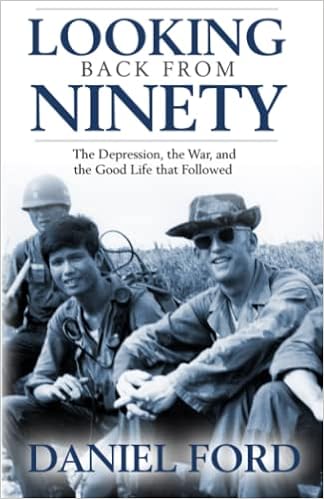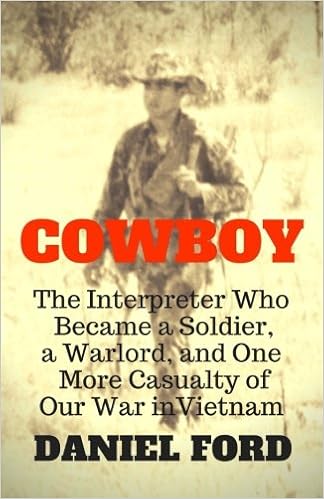A man from Princeton
One blog I check on a regular basis is Tom Ricks's on the Foreign Policy website, who recently has been flogging the need for more Ivy League officers in the US military. Here's a response from one of his readers:
I'm a Marine Officer currently deployed to [Iraq] so I will attempt to keep this as politically neutral as I can and mostly a reflection of perspective on my short military service so far. I would agree in part with both of your perceptions of this rise in military service from men and women of our elite universities. However, I have my doubts that at a school like Princeton, from which I graduated in '07, students who are joining the military feel negatively about themselves as people, from an intellectual or moral standpoint. I was pushed by some amazing professors to find myself as an individual, but never did I ever encounter a professor or advisor who shunned the idea of serving something larger than myself. After all, Princeton's motto is "in the nation's service, and the service of all nations," and we have a strong ROTC program (I went the OCS route for the USMC). I will admit that I was part of a very small group of students concentrating in History and Near Eastern Studies, and an even smaller group studying Arabic or having the moral courage to live in the Middle East for a semester or two, and the ONLY Marine commission in my graduating class. Most of my friends who took the finance route are now either going back to school, got laid off, or are quitting their jobs because of lack of substance these jobs possess. Quite simply, making money for money's sake is not all it is hyped to be.I've corrected a few typos. Blue skies! -- Dan Ford
Your second point I think has value, but the historical roots for Ivy Leaguers to join the military goes much further back than the 9/11 era, back when the term noblesse oblige actually meant something. I was a member of Cottage Club, one of the historic eating clubs at Princeton, and on the second floor there were walls lined with pictures of former members who left the life of erudition and privilege during WWI and WWII to serve their country without hesitation, I am sure, some who never returned at all. I would walk that hallway frequently, after a meal, or sometimes late at night in a drunken stupor, and I would smile deeply at the fact that I was part of an elite group of men that was willing to move to the sounds of the guns if only for the preservation of the high-life they enjoyed at home. I am by no accounts a careerist. I chose to serve because it is the right thing to do. I didn't accept my commission to go to war or experience the predicament we face in Iraq or Afghanistan caused by shoddy policy and reactionary military leadership. I accepted my commission because I am a servant to the freedom and privileges I enjoyed at an incredible institution like Princeton and was afforded by dedicated parents and friends. I will do my part, stand on the wall, and pass my post off to those that follow so we can keep this thing called America going.
In addition, the military needs men and women from these schools. We need a complete overhaul, maybe from the bottom up, that supports ideas of fourth generation warfare and armed conflict against non-state entities. Without this pressure from junior officers, senior leadership will continue to search for the kinetic fight where firepower is the easy answer for "victory," and resist the cultural, linguistic, and other non-kinetic ammunition necessary for the establishment of long-term political relationships. While this is a non-traditional mission for the military, and for Marines, time and time again we have been tasked with doing exactly this. Maybe if we do it right this time, my kids, if I ever live long enough to have them, won't have a repeat performance.
I remember a few years ago at my brother's wedding, I was talking to one of his friends about my intentions with OCS and the Marines. His father was in Vietnam and had experienced a lot. In short, he was trying to dissuade me from pursuing the course I had just even barely begun. He said, "John, there are two types of people in this world - frontliners and strategists. You are a strategist." I smiled and politely said "F--- that, I'll be both."











0 Comments:
Post a Comment
<< Home